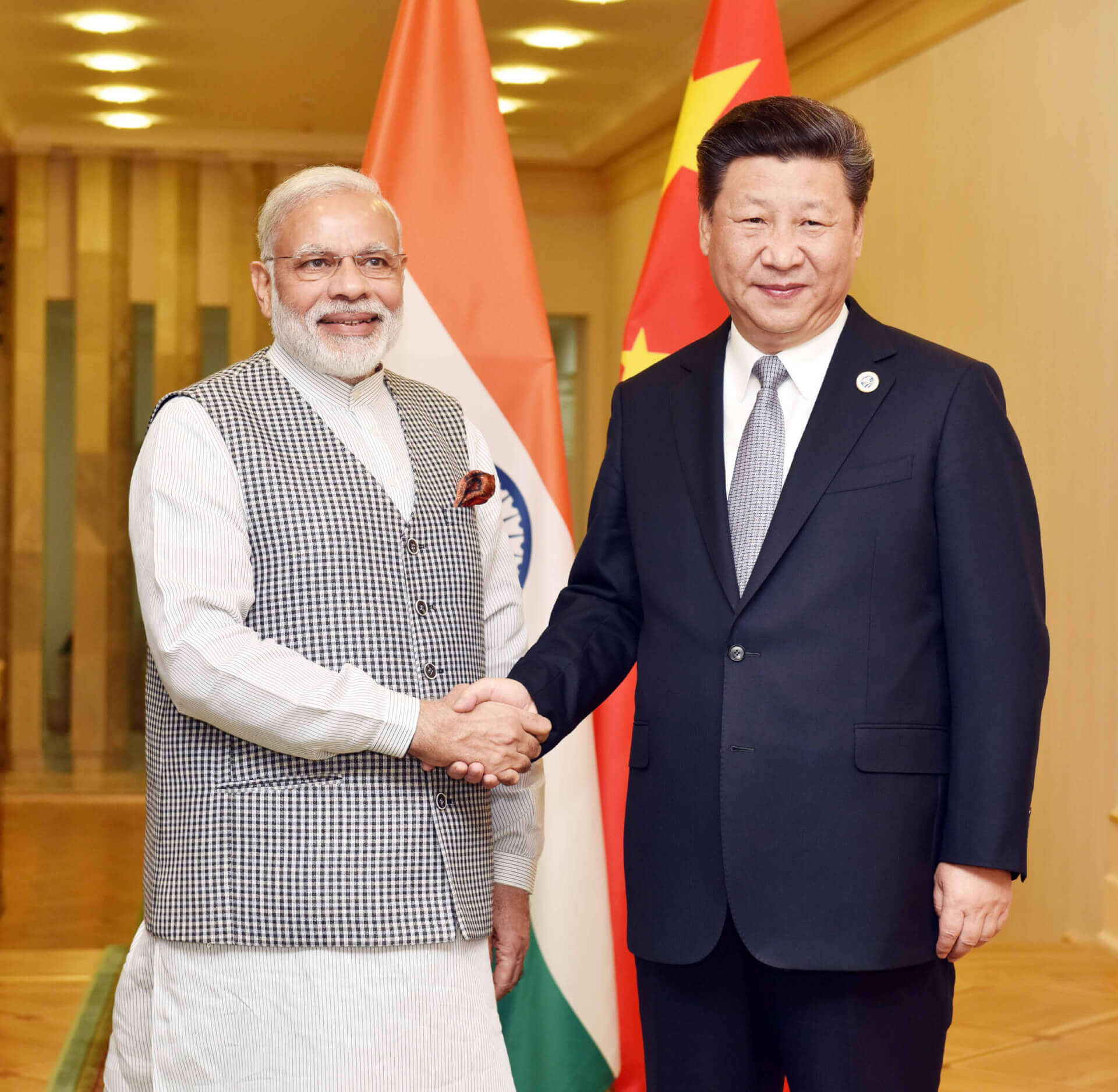In a piece written for The Diplomat, Beijing-based journalist Mu Chunshan elaborated on Chinese public opinion of India.
US’ Double Standards Towards India, China
Mu said that several Chinese citizens were dissatisfied after the West began speculating that China was aiding Russia’s aggression in Ukraine by selling arms.
They argued that India enjoyed “a higher-level relationship,” called a “special and privileged strategic partnership,” with Russia, and has signed more arms deals with the country. Accordingly, Chinese social media users complained about the US not suspecting India of aiding Russian efforts.
Mu said that “in the eyes of these Chinese,” this was evidence of Washington’s “double standards” with respect to Beijing and New Delhi in the war, even though both countries have refrained from condemning Moscow.
India Not a Threat?
Mu further elaborated on Chinese public opinion regarding India’s big international friend circle.
A strong reason for India’s popularity is that it is “not strong enough to pose a threat to Western dominance.” He added that if India becomes the world’s second-largest economy and its military strength continues to increase, then the US “will be sure to suppress India — as it is now doing to China.”
Understanding how ordinary Chinese people view the relationship is a crucial, but often overlooked, element in getting U.S. policy right. @muchunshanhttps://t.co/IxhOiYzz9s
— The Diplomat (@Diplomat_APAC) April 1, 2021
“One facet of [the] Chinese view about India,” Mu writes, is that India is “seen as underdeveloped, and therefore it does not pose challenges and threats to many countries.” Whereas, “China is strong enough for the West to be afraid, so it is natural that Western governments will seek to prevent China from surpassing them,” he adds.
Perception of Superiority
Mu said that there is a deeply entrenched impression of India’s “backwardness” among Chinese people due to the many examples of India’s underdevelopment in Chinese media.
This has created “a sense of superiority and self-confidence vis-a-vis India” among the Chinese population.
He added that “the subtext is that India can’t surpass China,” which makes its challenge to China “controllable.” Based on the same logic, many Chinese people reason that China and India can cooperate.
Border Dispute
As part of his conclusion, Mu writes that “on the whole, the Chinese have no malice toward India.” However, this comes with “one glaring exception: the border dispute,” which makes most Chinese citizens “very angry.”
“The perception is that India has besieged and contained China with the support of the West, joining the Quad for the same purpose.”
He wrapped up by expressing hope that both sides will “not harm bilateral interests” arising from their border disputes, but rather “develop friendly cooperation in other aspects in the context of maintaining border stability and peace.”
Mu also suggested that if Chinese and Indian media reflect a “more open and modern image” of India, it will create “a better impression” of India among the Chinese public.

